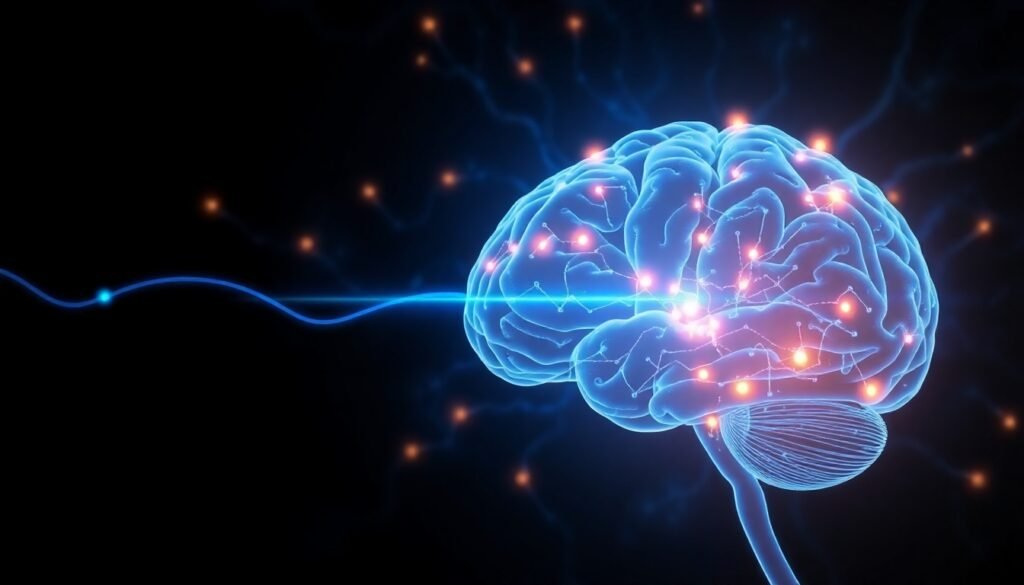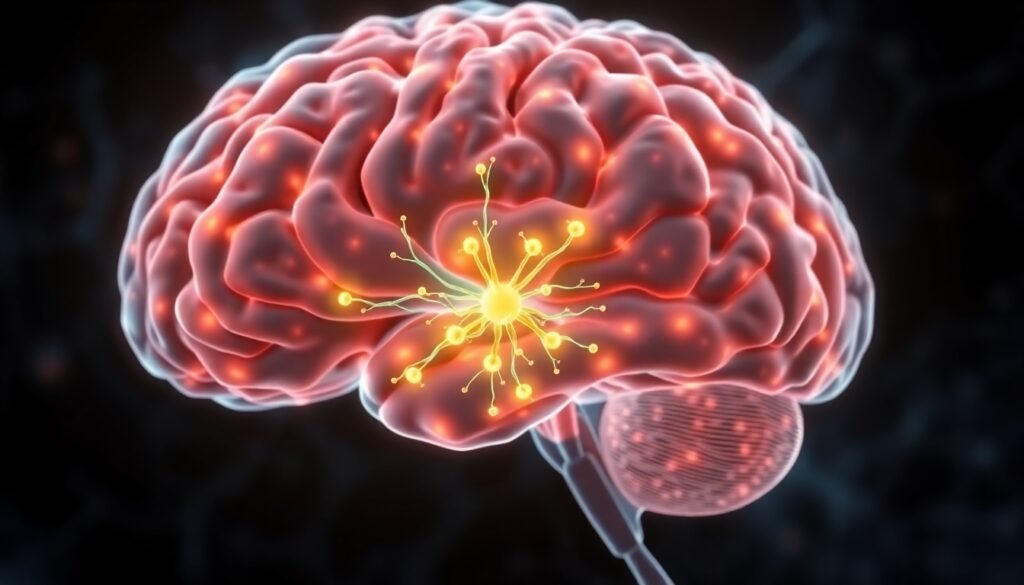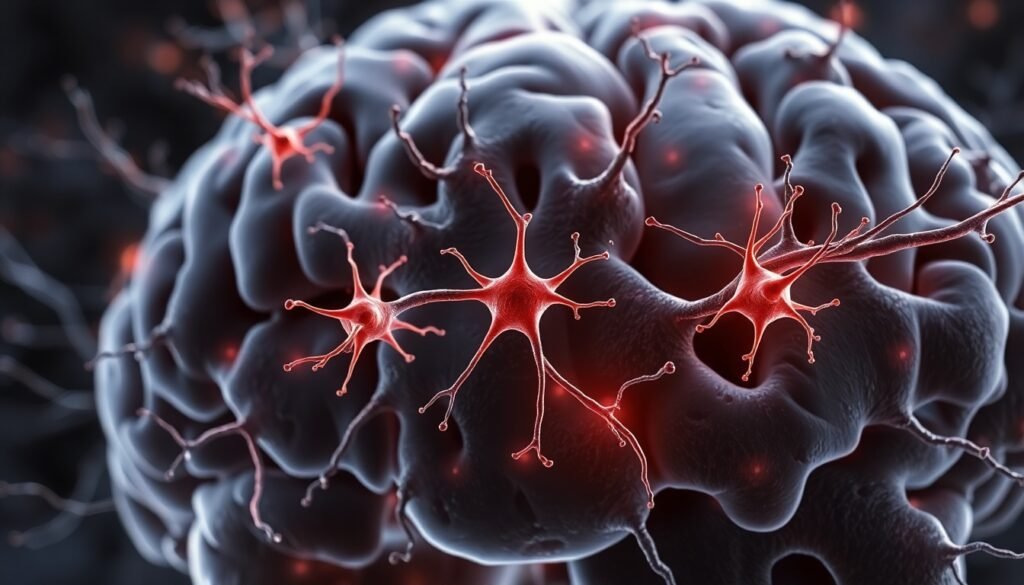A groundbreaking new theory suggests that life’s meaning isn’t a destination to be found, but a dynamic landscape we feel out and create through our emotional journey.
For centuries, the question “What is the meaning of life?” has echoed through the halls of philosophy, religion, and late-night conversations. The debate has often been locked in a stalemate: Is meaning something we create for ourselves, a purely subjective feeling? Or is it an objective truth, existing outside of us, waiting to be discovered? This long-standing dichotomy can feel abstract, leaving many of us with more questions than answers. But what if we’ve been framing the question incorrectly all along?
A compelling new conceptual framework from Professor Masahiro Morioka at Waseda University proposes a radical shift in perspective. Published in the journal Philosophia, his work introduces the “Geographic Model of Meaning in Life,” a theory that moves beyond the subjective-objective debate. It suggests that meaning is neither purely invented nor simply found. Instead, it is an emergent experience, something we feel out through the very act of living. It’s a dynamic process, shaped moment by moment by our actions, our attitudes, and our emotions.
Probing for Meaning: The Blind Person’s Cane
To grasp this innovative idea, Morioka offers a powerful analogy: imagine a blind person navigating an unfamiliar space with a cane. They don’t have a pre-existing map of the room. Instead, they understand their environment by actively probing it. With each tap and sweep of the cane, the texture of the floor, the location of a wall, and the presence of an obstacle are revealed. The “meaning” of the space—its layout, its possibilities, its dangers—emerges through that direct, physical interaction.
According to the Geographic Model, we navigate our lives in a similar way. We “probe” our existence with our choices, our commitments, and our emotional stances. Life, in turn, “responds” to our probing. These responses are the lived experiences of significance, joy, connection, struggle, or even misery. The sum of these interactions forms a unique and complex “geographical configuration”—the personal landscape of our life’s meaning.
As Professor Morioka explains, “The worthfulness of my life is experienced differently corresponding to the attitudes or commitments I take when I probe into my life.” This means the way we approach our life fundamentally changes the feedback we receive from it. A reluctant, passive approach might reveal a barren, featureless terrain. A courageous, engaged approach, even in the face of hardship, might reveal a landscape of hidden strengths and profound lessons.
The Power of Your Emotional Lens
This model places our moods and emotions at the very center of our search for meaning. This aligns with insights from other fields. Philosopher Matthew Ratcliffe has noted that our background mood acts as a powerful filter, coloring our entire perception of the world and our place in it. Psychology has also produced numerous studies showing the profound link between mood and a person’s sense of a meaningful life.
The Geographic Model integrates these ideas, treating mood not just as a fleeting feeling, but as a crucial perceptual tool. Our emotional state is the way we “hold the cane.” If we probe our life with an attitude of hope and determination, we are more likely to perceive experiences that feel worthwhile and significant. If we probe from a place of despair or cynicism, the very same life circumstances may appear empty and meaningless.
This doesn’t mean we must be happy all the time to have a meaningful life. In fact, the model argues for the opposite. It marks a significant paradigm shift by treating both joyful and tragic experiences as integral parts of the same experiential landscape. A difficult struggle, a heartbreaking loss, or a period of profound sadness are not voids of meaning; they are the deep valleys, rugged mountains, and winding canyons of our personal geography. They add depth, contrast, and texture to our experience, often making the sunlit peaks of joy feel even more significant.
A Bridge Between Science and Philosophy
One of the most exciting aspects of the Geographic Model is its interdisciplinary nature. It builds a much-needed bridge between the abstract world of philosophy and the empirical world of psychology. By incorporating concepts from phenomenology—the study of lived, first-person experience—it grounds the search for meaning in the body and its interactions with the world.
This approach draws on concepts like “enactivism,” which posits that our perception is shaped by our physical engagement with our surroundings. Just as walking through a forest forms our understanding of it, living through our life forms our understanding of its meaning. This provides a fresh perspective for psychologists who traditionally measure meaning through quantitative scales. Morioka’s model offers a new, qualitative angle, focusing on the how and why of our felt sense of meaning, rather than just its intensity.
By setting aside the old subjective vs. objective argument, the model opens the door for more productive collaboration. It allows researchers to explore how different attitudes and emotional states—the various ways of “probing”—lead to different patterns of meaningful experience.
Mapping Your Own World
Ultimately, the Geographic Model of Meaning in Life is both intellectually profound and deeply personal. It reframes meaning not as a static prize to be won at the end of a quest, but as the very terrain of the quest itself—a terrain we co-create with every step we take.
Professor Morioka plans to continue developing this framework, integrating it with other philosophical approaches to build an even more comprehensive understanding. But the core takeaway is already clear and empowering: the meaning of your life is not something you find, but something that unfolds in the dynamic interplay between you and the world. It is the whole, complex, and ever-changing geography of your unique human experience, waiting to be explored.


